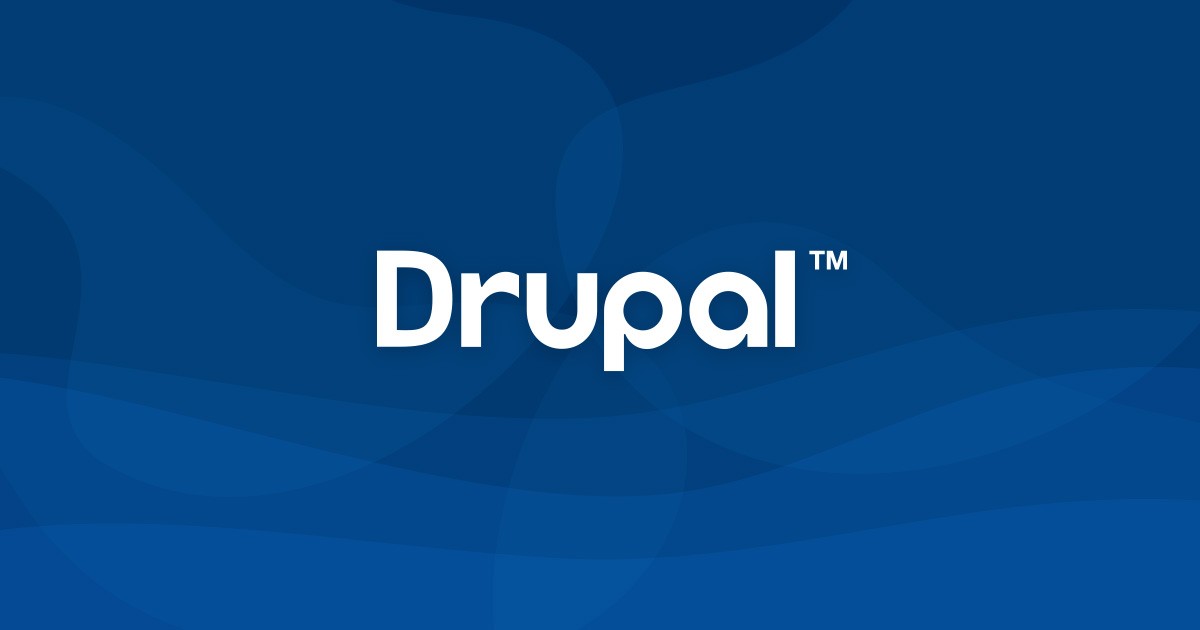
For a few years now, open source has been a very radical idea for many businessmen and entrepreneurs. The idea of having open source software was nothing more than a concept that should only be discussed in the academic field, where programmers and hobbyists debated the convenience of applying it to the real world. In the last ten years, the attitude and way of thinking has changed dramatically, which is why the business world has seen a profitable business model based on open source. In these years, the project has spread to other devices such as UbuntuEdge, Arduino, Raspberry Pi , among others, which has put it in the foreground.
The phenomenal success that Drupal has seen in recent years is due to a radical change in the culture of free software as a source of income and profitability. It is not surprising that Drupal, a project that was founded from its birth under the open source system, is positioned as one of the most successful and still continues to have an exponential growth rate in the market. According to recent figures, a little over 2% of most websites are being run under this system. However, for many this percentage may seem unimportant, but this figure is surprising since this CMS (Content Management System) appeared as a business option, not more than five years ago.
Likewise, growth is also expected to be around 21%, with the highly anticipated arrival of Drupal 8 .
The triumph of the Drupal CMS is evident in the different projects in which it has been present, as a counterpart, providing all the benefits of open source; This is because the barrier to entry to closed source is more than proven: high software ownership costs, interoperability problems, performance costs and stagnation in life cycles.
Now, trust in closed source was deeply rooted in people's minds since the traditional business model transmitted a message full of errors and flaws, which had an impact on today's perception. However, the evils of the past also fostered a whole new appreciation for open source. Some aspects of this new open source philosophy are: transparency, community and professional management of projects and negotiations .
A clear example of this is Microsoft , seen from the perspective of “what not to do” . The North American company recently faces internal problems based on the inability to evolve in this new era. This assertion is framed because many companies and governments are gradually renouncing the risks involved in the development practices of “proprietary” software. This is important, additionally because government entities and other businesses are being forced not to inherit “tags” of payment for licenses to future administrations.
Regarding the new open source development model, we can say that it has great projection in some occasions this software will not always be ideal in all applications, but without a doubt it has proven to have the greatest influence on the Web. Drupal is one of the best examples of content management systems (CMS) . Likewise, its commercial ally, Acquia , has a multitude of supplier partners, which attract companies and corporations of the greatest importance, in different branches, around the world.
Meanwhile, the expression "open source" is being coined and used in different sectors worldwide, mainly focusing on the expression of open culture in a "rhetorical" and "metaphorical" sense . We cannot forget either that the economic crisis combined with protests against corruption, inequality, and economic disparity have also facilitated the adoption of the basic principles of open source in all practices, thus projecting itself as a source of change for the future, and we all hope that it will be so.
By Andrew Dresden / Drupal Developer / Seed- Bogota
